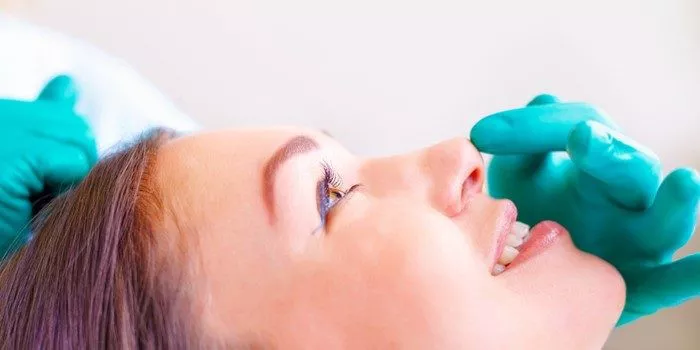Rhinoplasty, commonly known as a nose job, is a popular cosmetic surgery procedure that can alter the shape and size of your nose. Many people consider getting a nose job to enhance their facial features or improve their breathing. However, there is a lot of confusion around what age you can get a nose job. In this article, we will explore the factors that determine the minimum age for rhinoplasty and answer some common questions about this procedure.
Factors that Determine the Minimum Age for Rhinoplasty
The minimum age for rhinoplasty varies depending on several factors, including the patient’s physical and emotional maturity, the reason for the surgery, and the surgeon’s preference.
-
Physical and Emotional Maturity
The most important factor in determining the minimum age for rhinoplasty is the patient’s physical and emotional maturity. The nose continues to grow and develop until around age 16-18 for girls and 17-19 for boys. It is recommended to wait until the face has finished growing before considering rhinoplasty. Additionally, it is essential to ensure that the patient has the emotional maturity to handle the changes that come with the surgery.
-
Reason for the Surgery
The reason for the surgery also plays a significant role in determining the minimum age for rhinoplasty. If the procedure is being done for cosmetic reasons, such as to improve the appearance of the nose, then it may be appropriate to wait until the patient is at least 16 years old. On the other hand, if the nose job is being done to correct a medical issue, such as a deviated septum, it may be performed at a younger age.
-
Surgeon’s Preference
Finally, the surgeon’s preference also affects the minimum age for rhinoplasty. Some surgeons are willing to perform the procedure on patients as young as 14 or 15 years old, while others prefer to wait until the patient is at least 18.
Common Questions About Rhinoplasty
Now that we have discussed the factors that determine the minimum age for rhinoplasty, let’s answer some common questions about this procedure.
-
How Do I Know If I Am Ready for Rhinoplasty?
If you are considering a nose job, it is essential to understand your motivations and expectations for the surgery. You should be in good physical and emotional health, have realistic expectations for the outcome of the procedure, and understand that the recovery period can take several weeks.
-
What Are the Risks of Rhinoplasty?
Like any surgery, rhinoplasty carries some risks. Some common risks include bleeding, infection, scarring, anesthesia complications, and dissatisfaction with the results. However, these risks can be minimized by choosing a qualified and experienced surgeon and following all pre- and post-operative instructions.
-
What Is the Recovery Process Like After Rhinoplasty?
The recovery process after rhinoplasty can vary depending on the extent of the surgery. Generally, patients can expect to experience some swelling, bruising, and discomfort for several days after the procedure. Most patients can return to work or school within two weeks, but it may take several months for the full results of the surgery to become apparent.
-
Can Rhinoplasty Improve Breathing?
Yes, rhinoplasty can be used to correct structural issues that affect breathing, such as a deviated septum or narrow nasal passages. This type of rhinoplasty is known as functional rhinoplasty and is often covered by insurance if it is deemed medically necessary.
-
What Should I Look for in a Rhinoplasty Surgeon?
Choosing the right surgeon is critical to the success of your rhinoplasty procedure. When researching potential surgeons, look for someone who is board-certified, experienced, and has a track record of successful outcomes. It is also important to choose a surgeon with whom you feel comfortable and confident.
Conclusion
In conclusion, the minimum age for rhinoplasty varies depending on several factors, including the patient’s physical and emotional maturity, the reason for the surgery, and the surgeon’s preference. If you are considering a nose job, it is crucial to understand your motivations and expectations for the surgery, as well as the potential risks and recovery process. By choosing a qualified and experienced surgeon and following all pre- and post-operative instructions, you can achieve the results you desire with minimal risks and complications.


